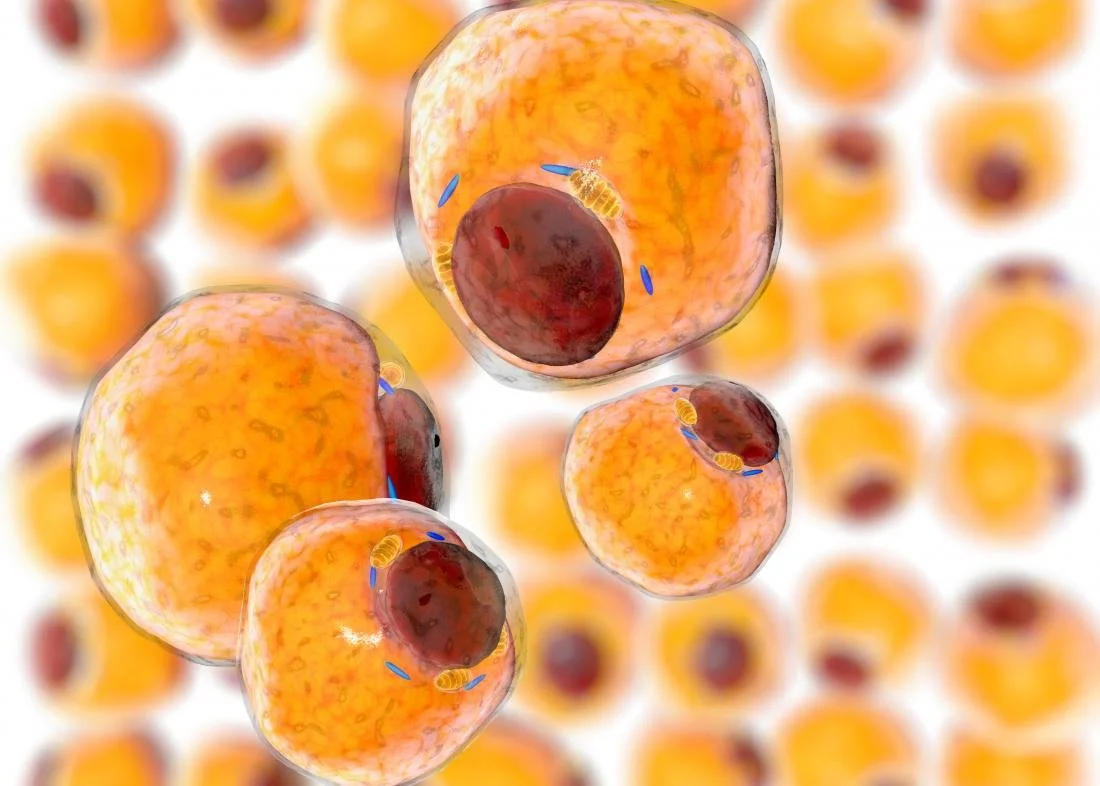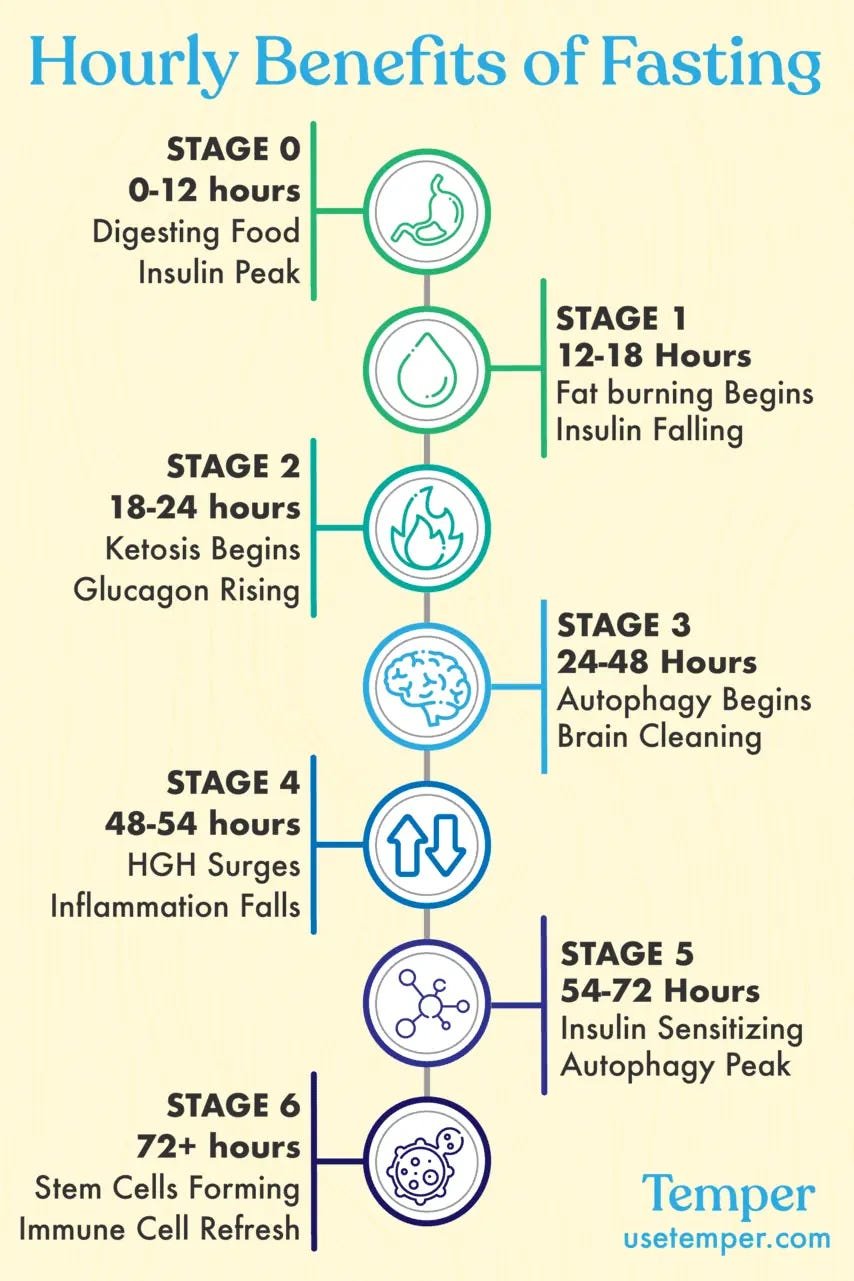Optimal Nutrition Guide: Part 3
Welcome back to our final installment within the Optimal Nutrition Guide series, where we continue to learn about optimal metabolism and best overall wellness practices. In this blog, you will explore the science of fat burning, the role of healthy fats, and the powerful benefits of ketosis and fasting.
Burning Fat:
To effectively burn fat, focus on depleting your glycogen stores through balanced meal timing and exercise. When glycogen is low, your body turns to fat stores for energy, a process known as lipogenesis.
Understanding Fat:
Fat is a connective tissue that stores energy and builds hormones in the form of lipids, such as cholesterol. The body produces cholesterol daily, mostly in the liver and small intestine. Consuming saturated fats—found in animal products and tropical oils—can raise both "bad" LDL and "good" HDL cholesterol levels. It's essential to manage these levels to reduce the risk of heart disease.
Managing Cholesterol:
For a better heart health predictor, focus on your non-HDL cholesterol level. This value includes all harmful types of cholesterol. An optimal non-HDL cholesterol level is below 130 mg/dL. Higher levels indicate a higher risk of heart disease.
To improve HDL and reduce LDL cholesterol levels, incorporate the following into your lifestyle:
Omega-3 Fatty Acids: Found in oily fish like salmon and mackerel, omega-3s can lower blood cholesterol. Aim for two servings of fatty fish per week.
Regular Exercise: Physical activity boosts HDL levels.
Fiber Intake: Soluble fiber from plant foods can lower LDL levels. Aim for 5 to 10 grams of soluble fiber daily.
The Power of Ketones:
Ketones are byproducts of fat metabolism, providing an efficient energy source. They are produced when your body burns fat for fuel, either from dietary fat or body fat. Ketosis, the state of elevated ketone levels, offers several benefits:
Energy Production: Ketones generate more ATP (energy) compared to glucose, making ketosis a preferred energy source.
Cardiovascular Health: Ketone acids clean arteries and blood vessels, reducing plaque and preventing vascular deterioration.
Mental Health: Studies suggest that a ketogenic diet can improve outcomes for traumatic brain injury and mental illnesses like schizophrenia and severe depression.
Fasting & Ketosis:
Fasting accelerates the process of entering ketosis and offers numerous health benefits:
12 Hours: Your body starts producing ketones.
18 Hours: Your body shifts to fat-burning mode.
24 Hours: Autophagy begins, promoting cellular repair and anti-aging.
48 Hours: Growth hormone levels increase fivefold.
54 Hours: Insulin levels drop, enhancing insulin sensitivity.
Autophagy, the process where cells clean out damaged components, offers significant benefits including reduced inflammation, anti-aging effects, pathogen control, and improved metabolic health.
Closing Thoughts:
At 4:8 Physio, we believe in empowering you with the knowledge and tools to make informed, sustainable health decisions. Our Optimal Nutrition Guide has provided you with evidence-based strategies to manage insulin, burn fat, and harness the benefits of ketosis and fasting.
Ready to transform your health? Book Nutrition Therapy Evaluation with us today. Our experts will create a personalized plan to help you achieve your health goals and enjoy a vibrant, balanced life.
Reach out to us now to schedule your consultation and start your journey to optimal nutrition and wellness.



